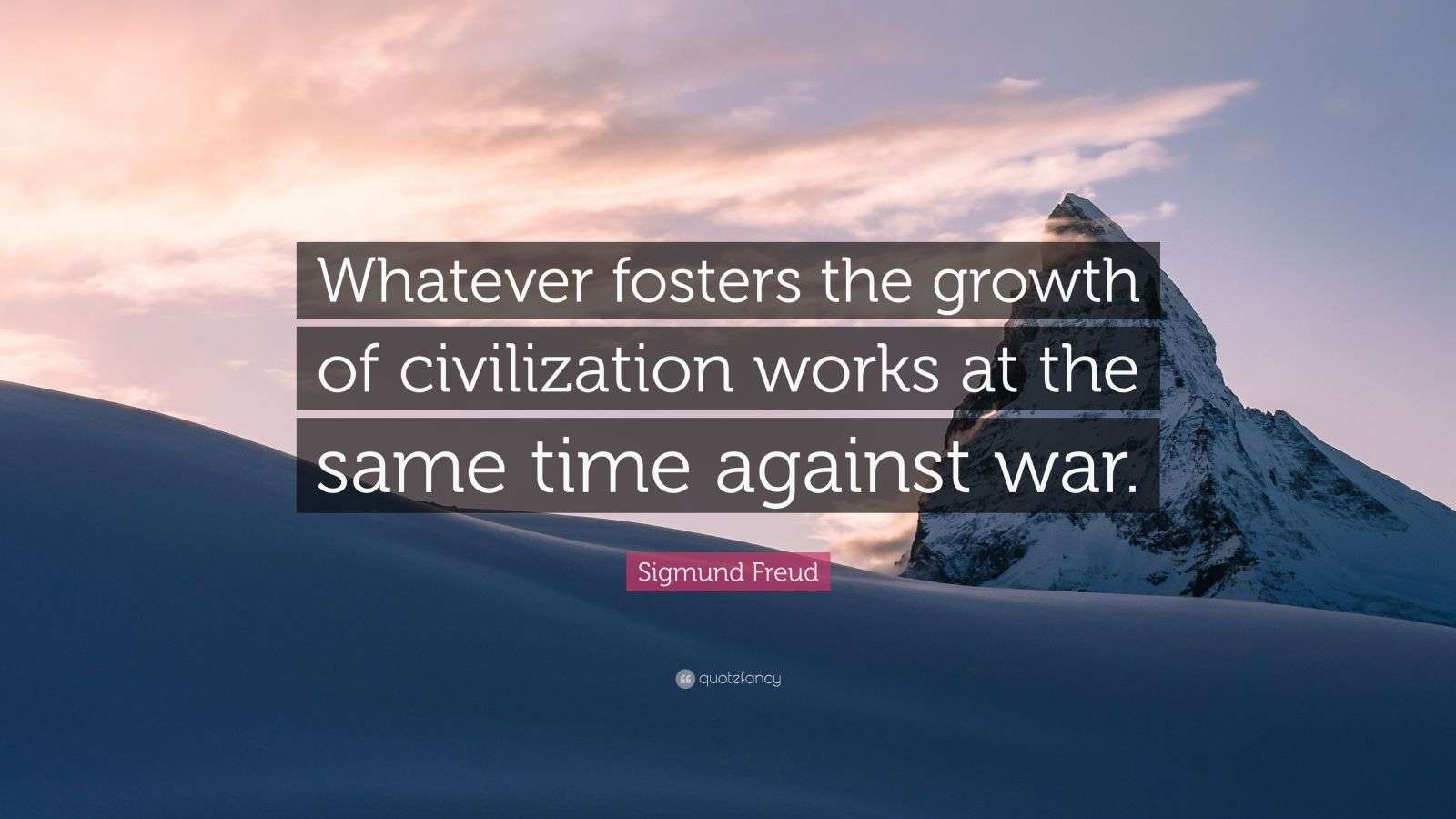
His or her behavior was already accounted for by the universal realities of id, ego, superego, not to mention the forces of repression, displacement and neurosis. By the 1950's, here and in Western Europe, it was making less and less sense to fashion the idiosyncratic, original inner and outer lives of a character in a novel. Freud's abstract, impersonal concepts have worn away the specificity of fictional character. They've spelled the death of psychology in art. In one important sense, Freud's ideas have had an undeniable impact. To clarify the status of Freud's influence today is to get a better sense of a central rift running through the culture we live in. All three arguments have died in the minds of many people, under the pressure of intellectual opposition, only to remain alive and well in the minds of many others.

It is impossible to refute Freud's theses, too. Being leatherbound is sometimes synonymous with being timebound.įreud's essay rests on three arguments that are impossible to prove: the development of civilization recapitulates the development of the individual civilization's central purpose of repressing the aggressive instinct exacts unbearable suffering the individual is torn between the desire to live (Eros) and the wish to die (Thanatos). "Classic" can mean that an intellectual work is indisputably definitive in its realm, or it can mean that its prestige has outlived its authority and influence. A new edition of a classic text of Western culture is a happy occasion, not least because it offers the opportunity to debate the book's effect on the way we see the world - or whether it has any effect at all.

"CIVILIZATION AND ITS DISCONTENTS" first appeared in 1930, and on the occasion of its 75th anniversary has been reissued by Norton ($19.95).


 0 kommentar(er)
0 kommentar(er)
